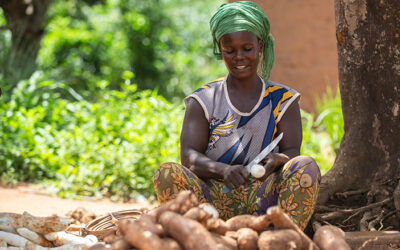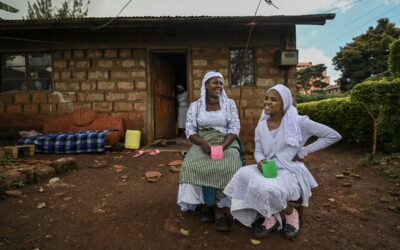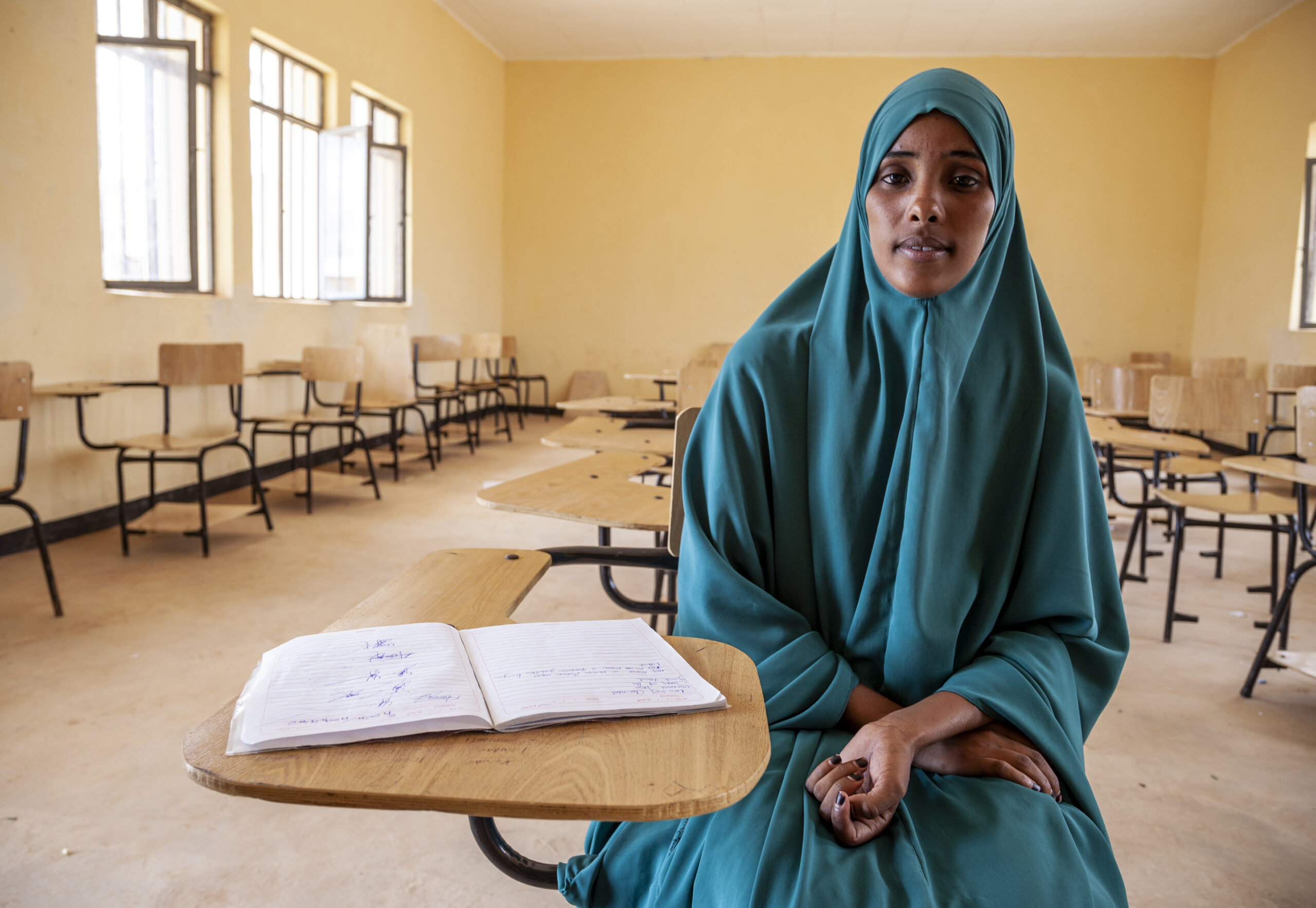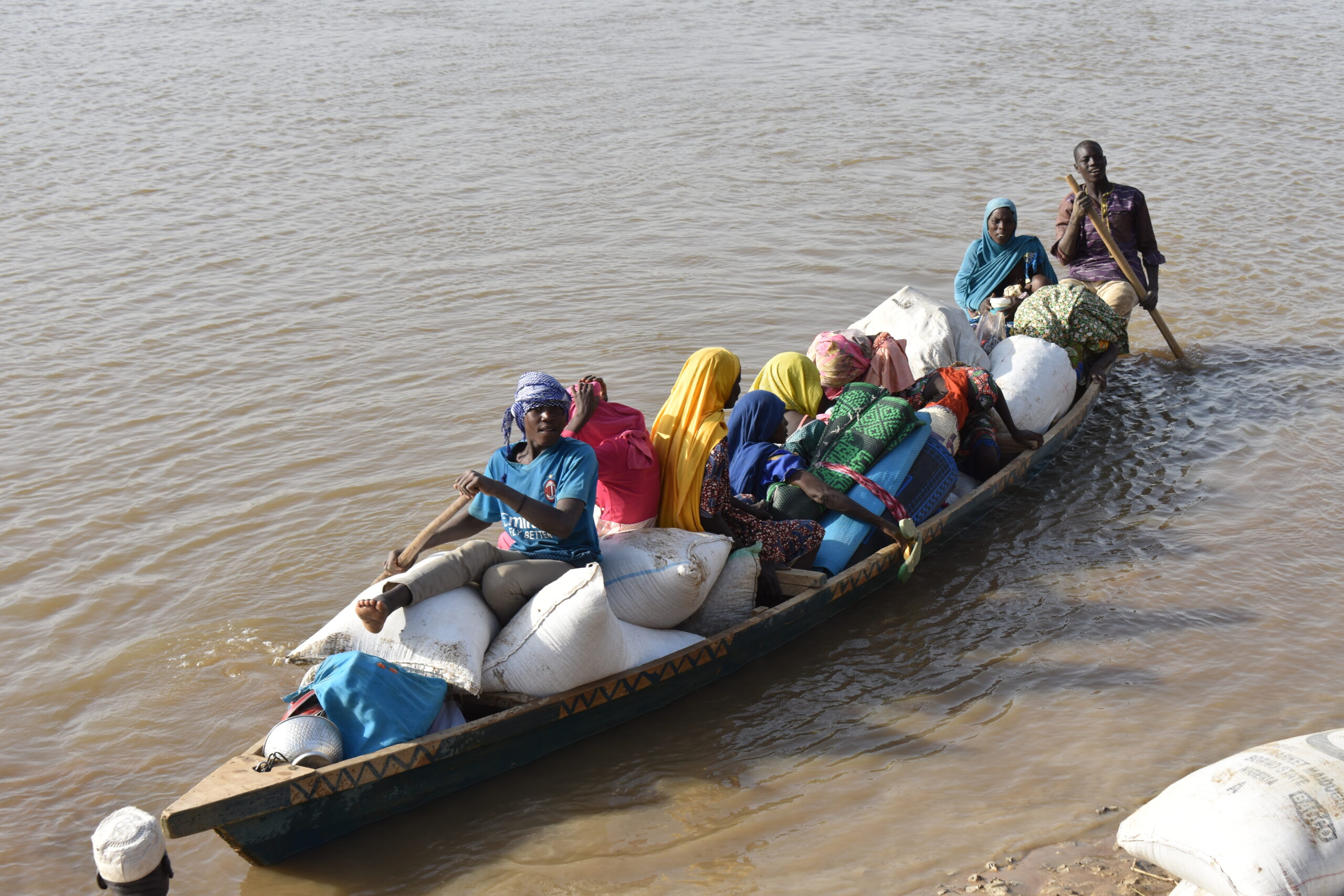Blogs and Special Features
How data can inform policy to address challenges faced by internally displaced people in the Central African Republic
By Harriet Mugera, Gervais Chamberlin Yama, and Jonathan LainThis article was first published on the Africa can end poverty Blog Cassava producer, Zerkongo, Central African Republic. Credit: Vincent Tremeau / World Bank Decades of division and conflict have left the...
Data can inform policies and programmes that can improve the situation for all
Interview of Maja Lazić, Deputy Head of the JDC, by Elisabeth Haslund about the work and ambitions of the innovative partnership – and on how data and analysis can concretely help improve the response to forced displacement.This article was first published on the...
From Kenya to Kyrgyzstan: how data can help eliminate statelessness
Authored by Maja Lazić , Head of the World Bank-UNHCR Joint Data Center on Forced DisplacementAgainst all odds, Nosizi (right), a stateless Shona living in Kenya, qualified and was accepted to study economics at the University of Nairobi after the institution made an...
People fleeing conflict don’t want aid – they want work
An article by Björn Gillsäter, Head, World Bank-UNHCR Joint Data Center on Forced DisplacementGabriela Davila is a Venezuelan entrepreneur who arrived in Ecuador 5 years ago. She lives in Quito and, in her bakery, prepares colada morada and guaguas de pan, following...
To get a clearer picture of internal displacement, we need better data, and more of it
Authored by Björn Gillsäter, Head of the World Bank-UNHCR Joint Data Center on Forced Displacement Today, internally displaced persons (IDPs) account for an estimated sixty percent of forcibly displaced persons globally[i]. Coinciding with escalating levels of...
If we invest in statistics, our dividend will be protection
Some 74% of forcibly displaced people are located in low- and middle-income countries, where investments in development programs and sound policy decisions are a foundation of a sustainable future. They are often the most marginalized population group in these countries.








